Are you looking for a qualification in law? Start your LL.B transfer programme at NCHS today
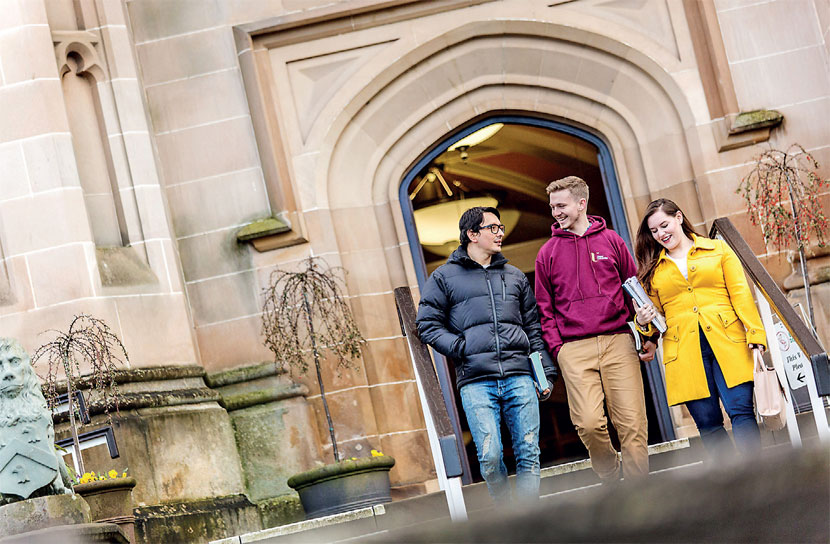
The fresh partnership between the Nawaloka Colle ge of Higher Studies and Ulster University to offer a 2+1 Ulster Law degree commencing in February 2019 is unique in that the entire third year of the course will be spent at Ulster to complete the degree. By that time students would have completed twelve of the eighteen subjects required to be studied and they would have acquired a fairly thorough understanding of the legal system and deep familiarity with particular areas of the law relevant to the Ulster LL.B. degree.
What makes studying Law at Ulster so special
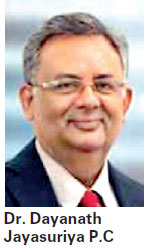 The best way to understand law in action is by observing how the law is interpreted and applied in any jurisdiction. Legal systems and legal institutions vary from country to country, sometimes in significant respects. That is why Comparative Law offers a unique perspective of different approaches helping basically to achieve common goals or similar outcomes. Visits to courts and other legal institutions enrich a student’s exposure to law in action through, for example, an understanding of how cases are presented and argued and how abstract legal principles are applied to everyday situations. Ulster University typically has a community of over 20,000 students from a diverse range of countries. The multi-cultural exposure that this diverse student population offers enriches not only the learning experience but also social interaction, leading to, among other things, useful professional contacts which can stand a student in good stead in the years after he or she has left university.
The best way to understand law in action is by observing how the law is interpreted and applied in any jurisdiction. Legal systems and legal institutions vary from country to country, sometimes in significant respects. That is why Comparative Law offers a unique perspective of different approaches helping basically to achieve common goals or similar outcomes. Visits to courts and other legal institutions enrich a student’s exposure to law in action through, for example, an understanding of how cases are presented and argued and how abstract legal principles are applied to everyday situations. Ulster University typically has a community of over 20,000 students from a diverse range of countries. The multi-cultural exposure that this diverse student population offers enriches not only the learning experience but also social interaction, leading to, among other things, useful professional contacts which can stand a student in good stead in the years after he or she has left university.
The teaching faculty of Ulster Law School has expertise in different areas of the law and some are leading academics of great distinction. Many of them have published leading law text books and articles in recognised journals. The teaching staff also combines practical experience of law in action, through training in, or active practice, as barristers or solicitors. Besides, the Law School often invites leading Judges from international courts, academics, jurists and well known legal commentators to deliver guest lectures on topical issues and these lectures help students to broaden their horizons. The Moot Court, which is an integral part of legal education at Ulster, helps students to sharpen their skills as prospective lawyers.
Working with or against fellow students from different jurisdictions is the starting point for a rich legal career in later life. Judges who preside over the deliberations of the Moot Court offer valuable insights into law and procedure and help aspiring advocates in sharpening their court craft as well as improving the substantive content of their arguments. The library at Ulster Law School is one of the best equipped law libraries in the U.K. and students will have every facility they need for their research and studies. The library has reciprocal arrangements with other law libraries, so that students can borrow books and other materials through the Inter-Library Lending System on a regular basis. The Ulster library also subscribes to a vast array of electronic resources, including popular databases such as Westlaw, LexisLibrary and Hein Online.
Students at Ulster are incentivised to excel in their studies through a number of prizes and awards. Many of these awards are sponsored by leading law firms, including some well-known international names. The Ulster Law School works collaboratively with the legal profession which offers students real practical benefits as well as exposure to outside talent during their learning process. One of the world’s ranking institutes in the area of Transitional Justice is part of the School of Law at Ulster University. Academics and students from the world over are attached to the Institute and its research publications have gained wide recognition. Sri Lankan law students who wish to specialise in the area of transitional justice – an issue of great relevance to Sri Lanka – can look forward to pursuing advanced research at this Institute.
A welcoming environment
Sri Lankan students coming to Ulster will find a very warm and welcoming atmosphere, with strong support systems to meet their various needs. Ulster has an excellent track record of pastoral care for its students, local and international, which can be accessed easily and at all times. The university offers high quality on-campus student accommodation at affordable rates – which are significantly lower than those at other U.K. universities – and which obviate the need for students to travel huge distances to their classes. The student village on Ulster University’s Jordanstown campus (where the majority of law students are enrolled) is a self-contained development with its own facilities and a high level of security.
It is located in very salubrious surroundings within a short walking distance of the main university buildings. Students also have access to a highly sophisticated sports centre as well as opportunities for outdoor activities, including walking and cycling in a safe environment. Those wishing to visit Belfast – the capital city, which is only 6 miles away – can access public transport very easily and at reasonable prices. Northern Ireland is one of the most attractive destinations for Sri Lankan students wishing to get a high quality British legal education at a cost which is significantly lower than anywhere else in the British Isles. This part of Ireland has long shed its reputation of two decades ago as a place affected by political troubles and today prides itself as the safest part of the U.K. Students can look forward to an enjoyable and enriching experience at Ulster University.
In the world of corporate law, directors, CEOs, company secretaries and chief legal officers with a comparative knowledge of English Law will have a definite edge over those who may lack that advantage. For all these reasons, Sri Lankan students contemplating a career in law should consider the NCHSUlster option quite seriously. Located in the heart of Colombo 03, NCHS offers the best facilities which include purpose-built engineering and computer laboratories, a resource-oriented library, study areas and ample parking space and reputed academics to administer the programmes. Students can join for the foundation programme after GCE O/L, or the first year of the LL.B degree after GCE A/L. To find out more on how you can be a part of the prestigious degree at NCHS, call Mathushi on 077 888 9655.
Dr Dayanath Jayasuriya P.C.


















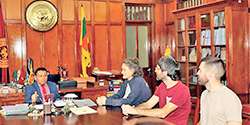
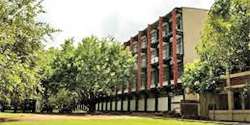
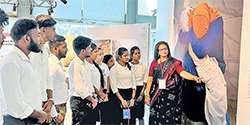
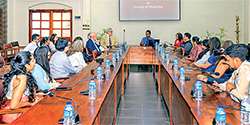
















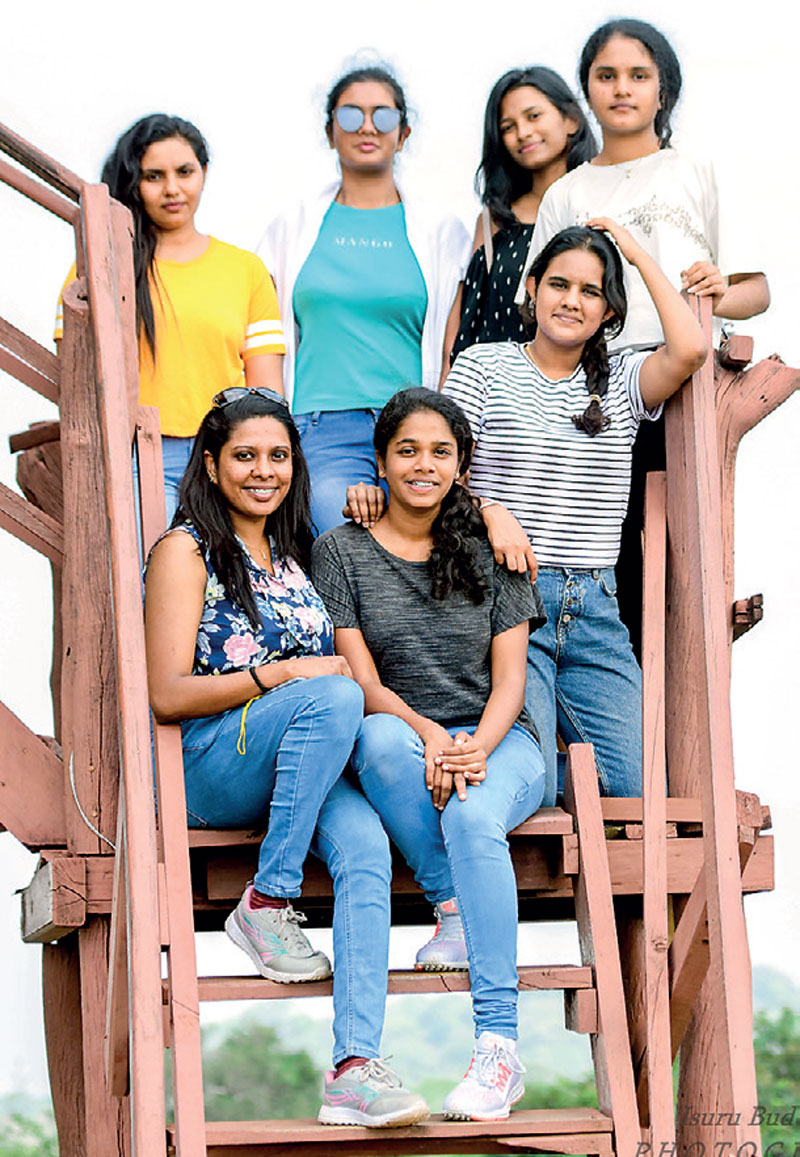
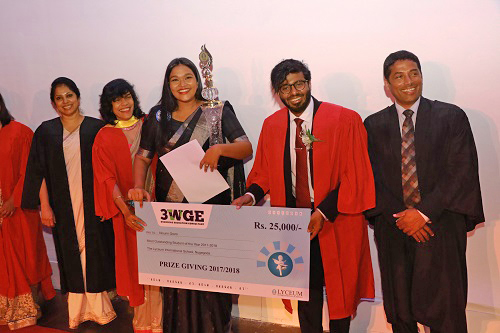
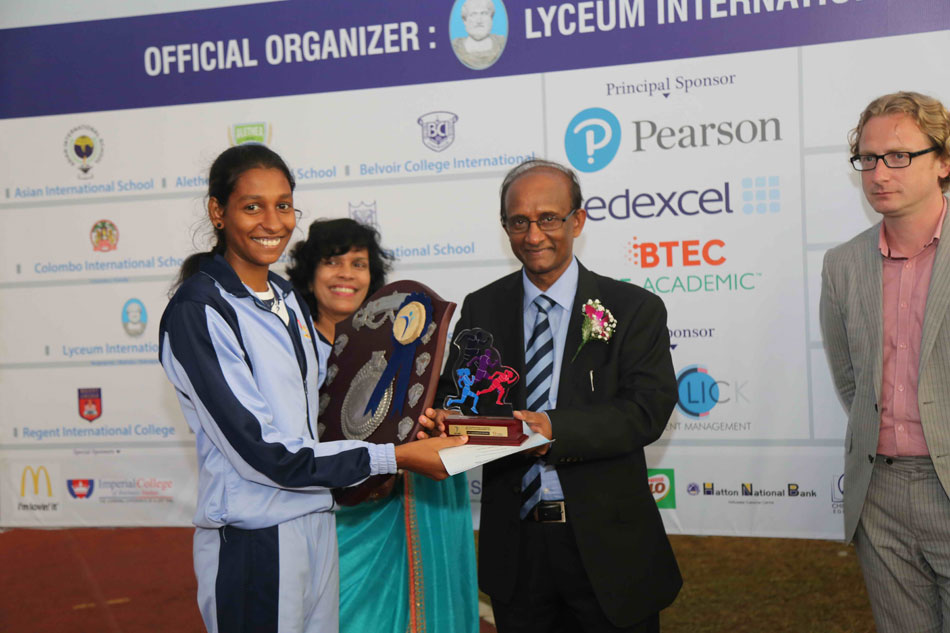
.jpg)
.jpg)
.jpg)
.jpg)
.jpg)

